How To Say ‘Cheers!’ In 10 Languages
Eating together is perhaps one of the most social activities there is, whether it be grabbing coffee with a friend or sitting down to a holiday dinner with the whole family. It only makes sense, then, that meals have also spawned a slew of traditions. One of the most widespread of these traditions is the toast. Not the burned bread kind, but the one where everyone clinks glasses.
Toasts have been around for a very, very long time. In The Odyssey by Homer, Odysseus drinks to the health of Achilles. During the first century B.C., the Roman Senate made it law that people must drink to the health of Emperor Augustus at every meal. The first toast in England allegedly occurred several centuries after that, at a feast in honor of British King Vortigern in 450 A.D. Basically, ever since humans drank the first beers 7,000 years ago, they’ve been thinking of things to drink to.
Toasting also comes with a number of stories and superstitions attached. There is a common story that toasting arose out of a need to prove that nobody’s drink had been poisoned. When guests would arrive for a meal, everyone would clink their glasses together to allow the glasses to spill their contents into each other. While a fun story, there is sadly no evidence this actually happened.
A more pressing belief in many European countries is that if you don’t make eye contact when clinking glasses, you’ll get seven years of bad luck/sex/karma. Spain has a similar superstition that if you try to toast with water instead of alcohol, you’ll get the same curse. So be careful out there.
How do you toast in other countries? In the past, toasts were usually elaborate speeches, spontaneous and freeform, or perhaps a recitation of common sentiments like this old Irish blessing:
May the road rise to meet you.
May the wind be always at your back.
May the sun shine warm upon your face.
And rains fall soft upon your fields.
And until we meet again,
May God hold you in the hollow of His hand.
Today, long toasts are still common at large gatherings like weddings. Fortunately, for most occasions the toast has been reduced down to a single word or two. The English version is of course “cheers,” which is a general statement of goodwill. While it is primarily a Western tradition, most languages around the world have by now developed their own pithy phrase to end a toast. To prepare you for the next time you raise your glass abroad, we’ve gathered a list of 10 different ways to toast around the world.
@babbel Cheers to learning languages! #education #language #babbel #multilingual #bilingual #polyglot #studying #travel #travelgoals #languagegoals #traveltok #edutok #languagetok #languagegeek
original sound – Babbel
Saying Cheers In 10 Languages
| Spanish | ¡Salud! | (sah-LOOD) |
| French | Santé ! | (sahn-TAY) |
| German | Prost! | (prohst) |
| Swedish/Danish/Norwegian | Skål! | (skohl) |
| Russian | За здоровье! | (zah zdah-ROHV-yuh) |
| Italian | Cin cin! | (cheen cheen) |
| Turkish | Şerefe! | (cheh-reh-FEH) |
| Portuguese | Saúde! | (sah-OOH-jeh) |
| Irish Gaelic | Sláinte! | (SLAHN-juh) |
| Japanese | Kanpai! | (KAHN-pai) |
RECOMMENDED NEWS

Are These 6 ‘German’ Things Really German?
The English language has given a lot of names to things that reference a specific culture: Swiss che...
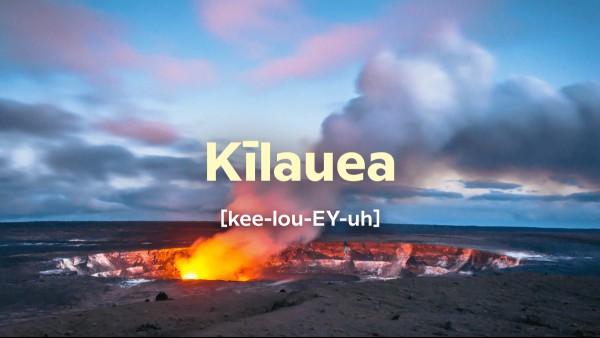
The Most Mispronounced Words Of 2023, Revealed
For the eighth year, Babbel has teamed up with captioner’s groups to discover which words gave peopl...
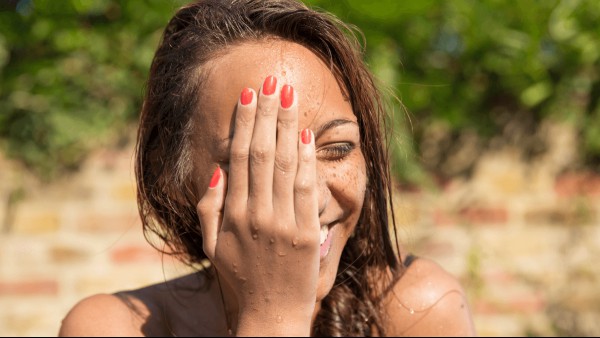
7 Awkward Mistakes To Avoid In A New Language
Every good teacher and mentor throughout our lives instills in us the value of making mistakes and l...
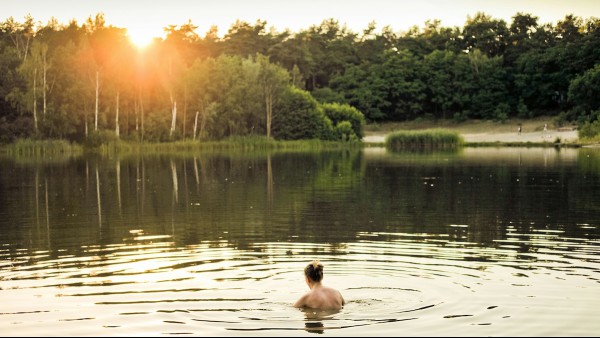
H2Eau: 10 Of Our Favorite Swimming Sayings In Other Languages
Open water swimming became all the rage during the pandemic, when long periods of self-isolation pus...
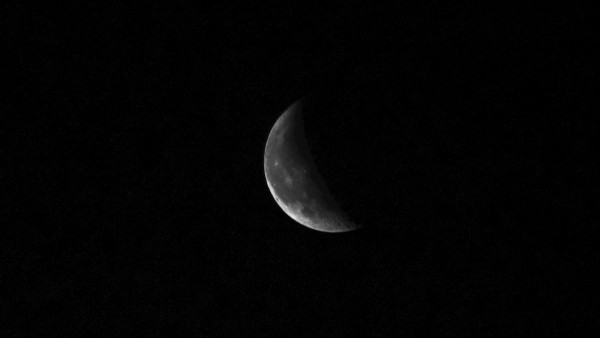
Useful Phrases For Ramadan In Arabic, Indonesian And Turkish
Ramadan is a holy month in the Islamic lunar calendar. It is important to Muslims all over the world...
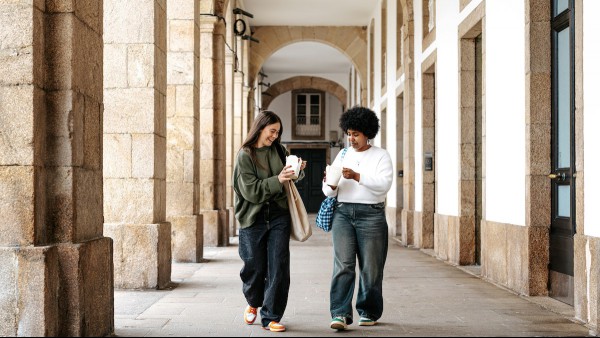
What Are Euphemisms And How Do You Use Them?
Have you ever noticed how we tend to dance around certain topics in conversation? Perhaps you’ve cau...
Comments on "How To Say ‘Cheers!’ In 10 Languages" :